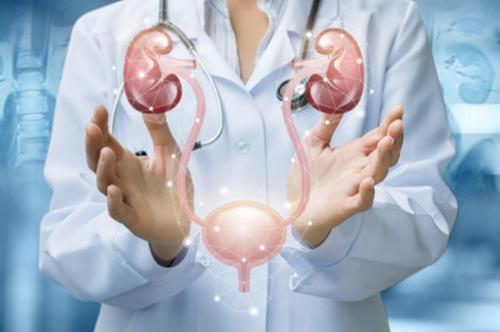
Immune Modulation Associations With Urinary tract Infection In People With Neurogenic Bladder.

The goal of this study is to understand how urine and bladder tissue changes from infection, or a bladder that does not function normally, in people who use a catheter to empty their bladder. This may help future people because it can help determine who needs antibiotics to treat an infection in the bladder, and will help avoid the cost and side effects of using antibiotics in people who do not have a true infection. This study will take less than 1 hour – the time required to provide a urine sample in clinic. Or, if a participant is undergoing bladder Botox injection, the time necessary to participate in the study will add approximately 5 minutes to the total surgery time.
• at least 18 years old
• use clean intermittent catheterization (CIC) to empty the bladder
• without diagnosis of neurogenic bladder (NGB)
• OR NGB managed with bladder botulinum toxin injections with/without recurrent urinary tract infection (UTI) (may have an active UTI)
• presence of an indwelling catheter (i.e., Foley)
• history of bladder augmentation
• history of urinary diversion
• women who are pregnant
• non-English speaker
Kidney, Prostate & Urinary
Clinics and Surgery Center (CSC), Neurogenic Bladder, Self Catheterization, Urinary Tract Infection, UTI